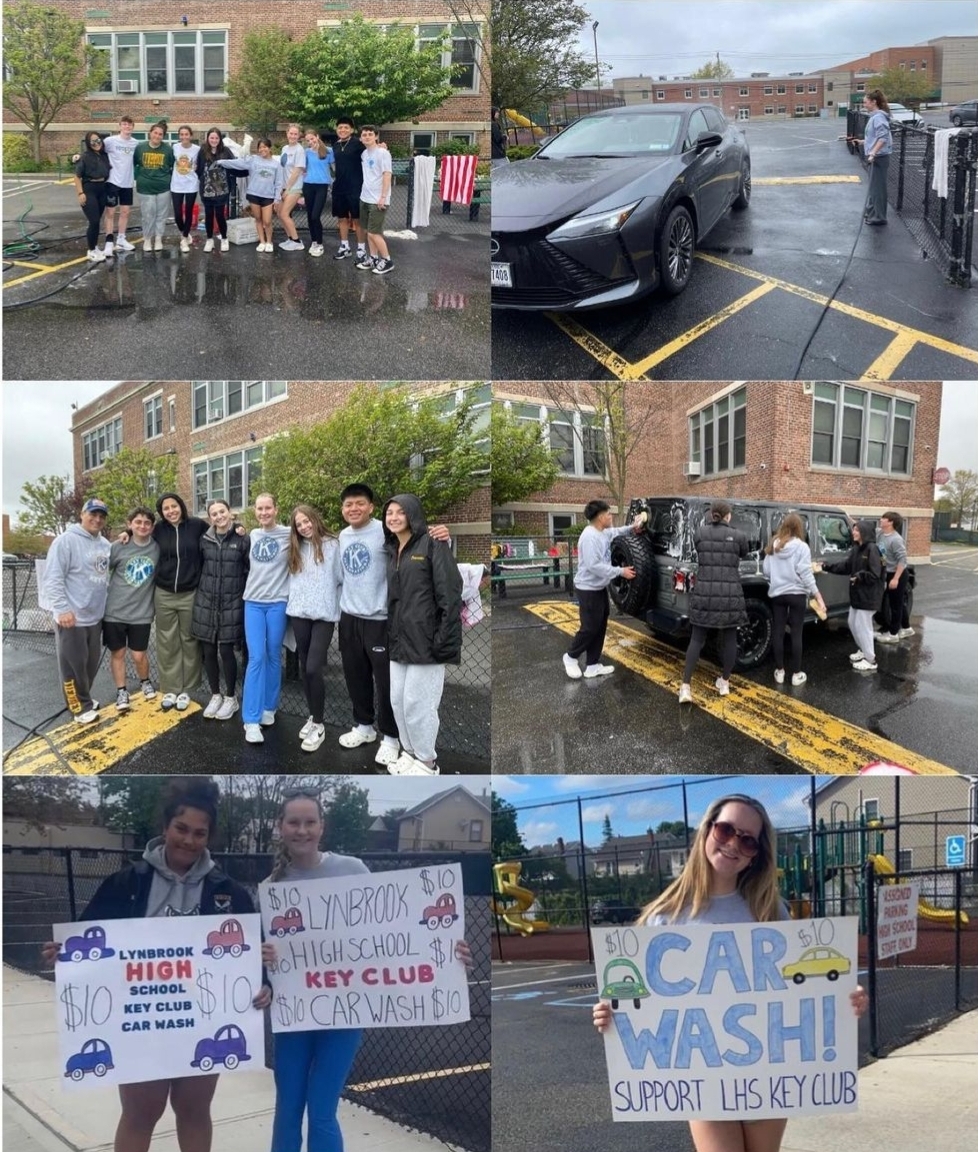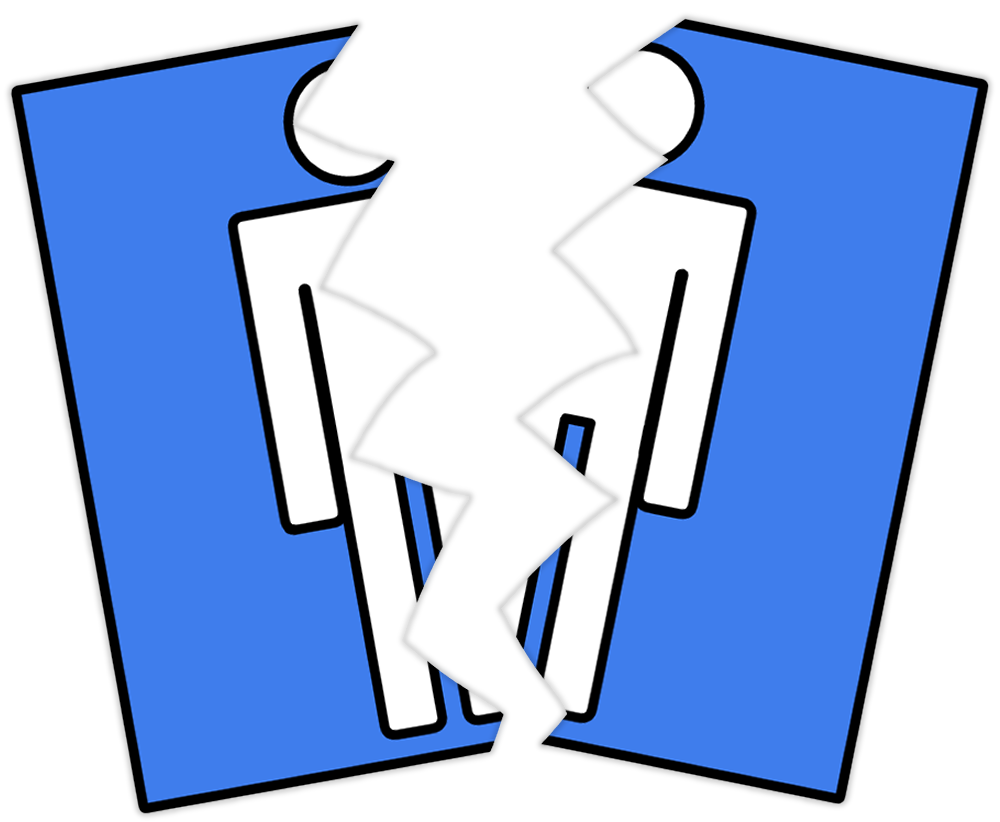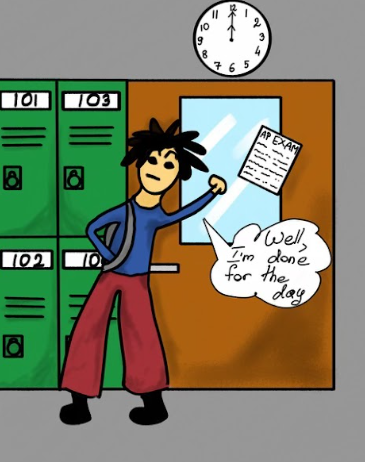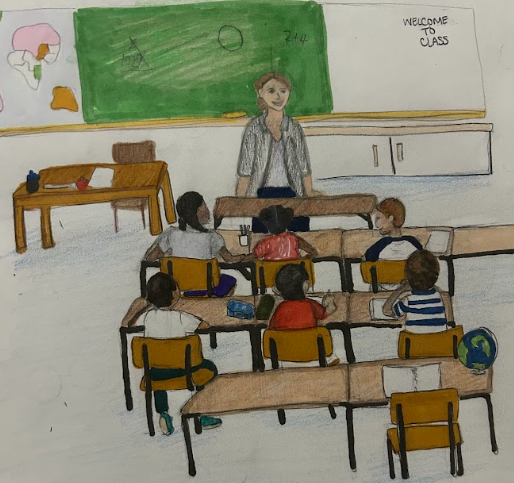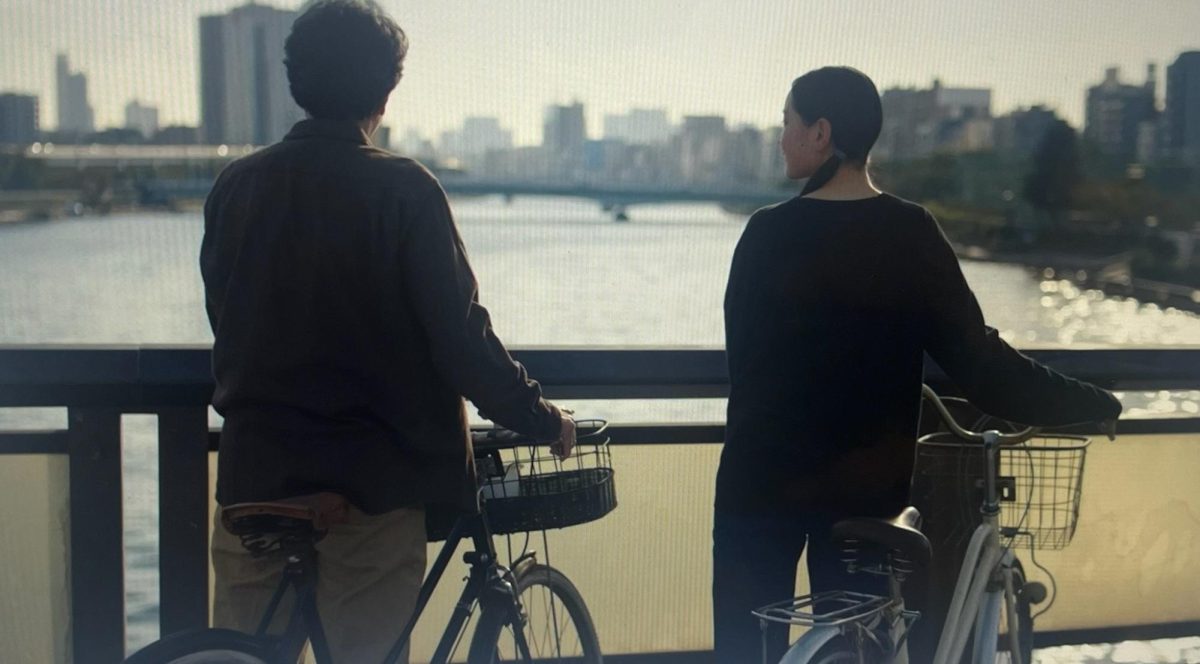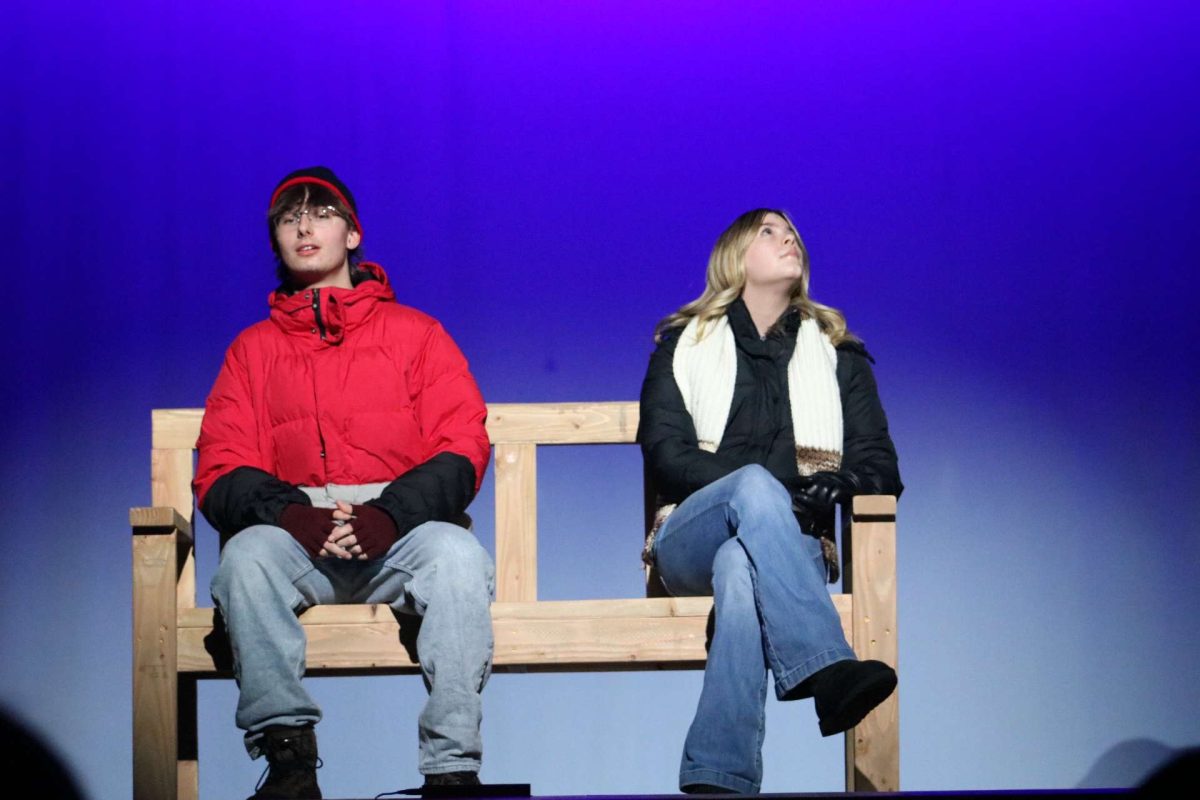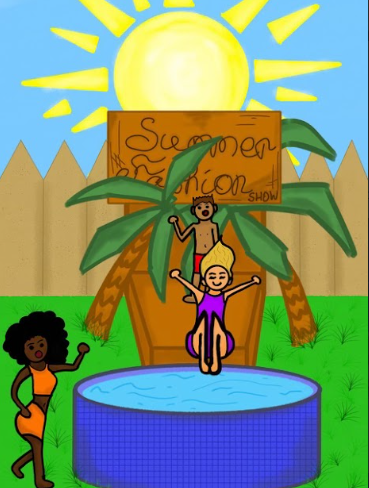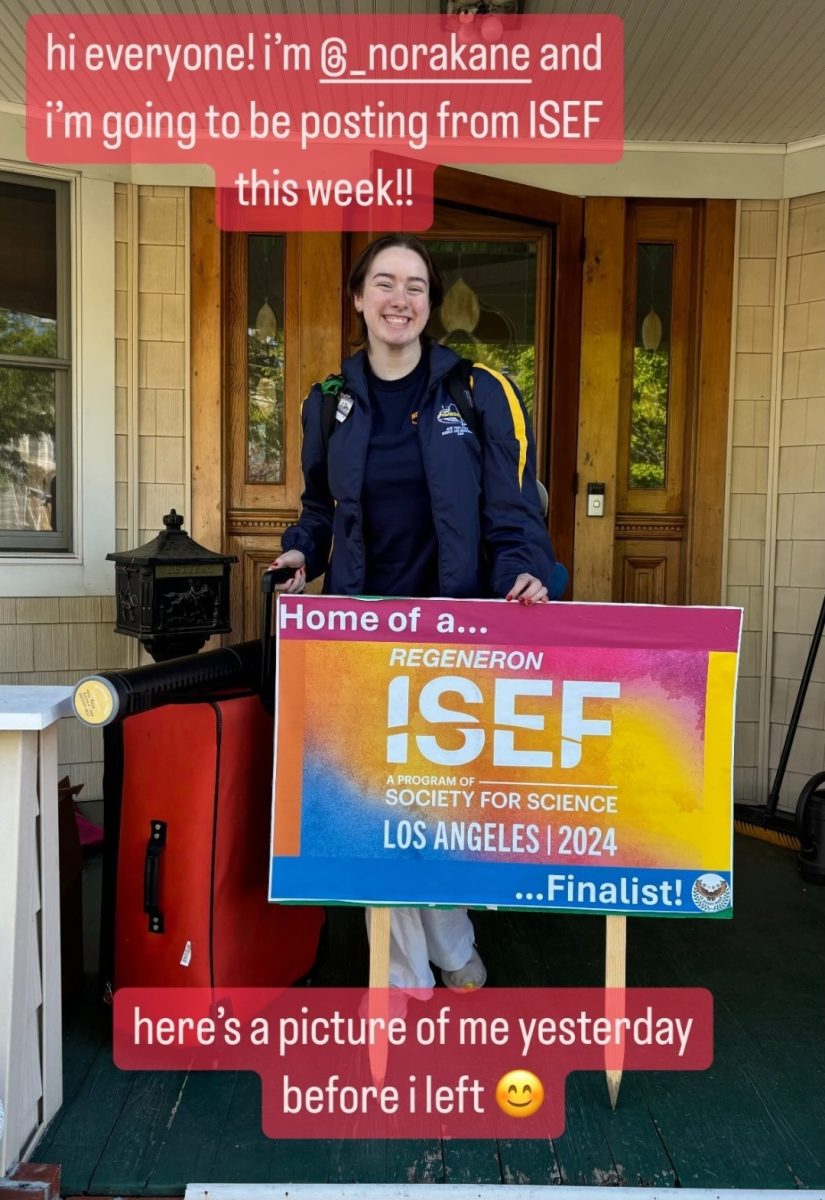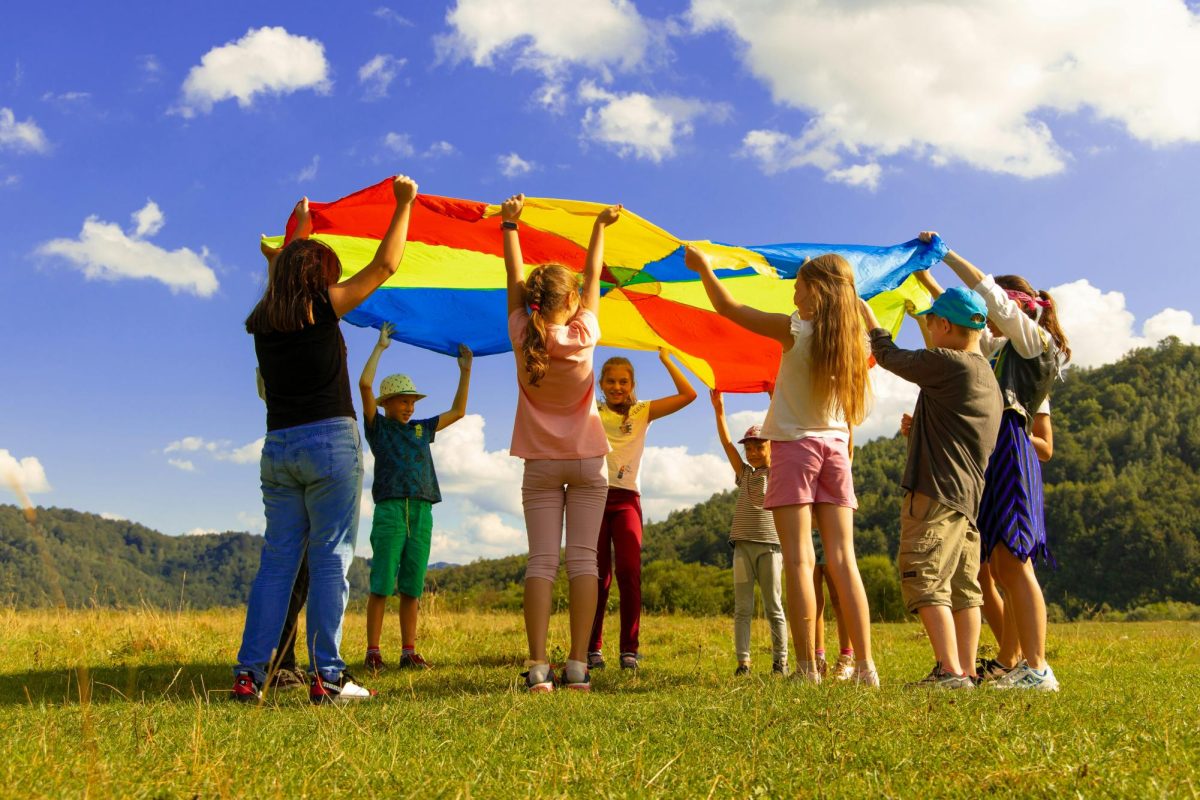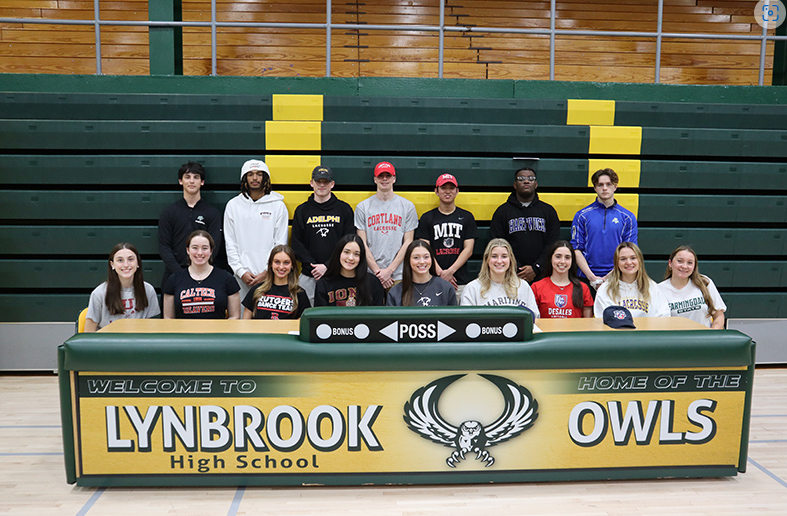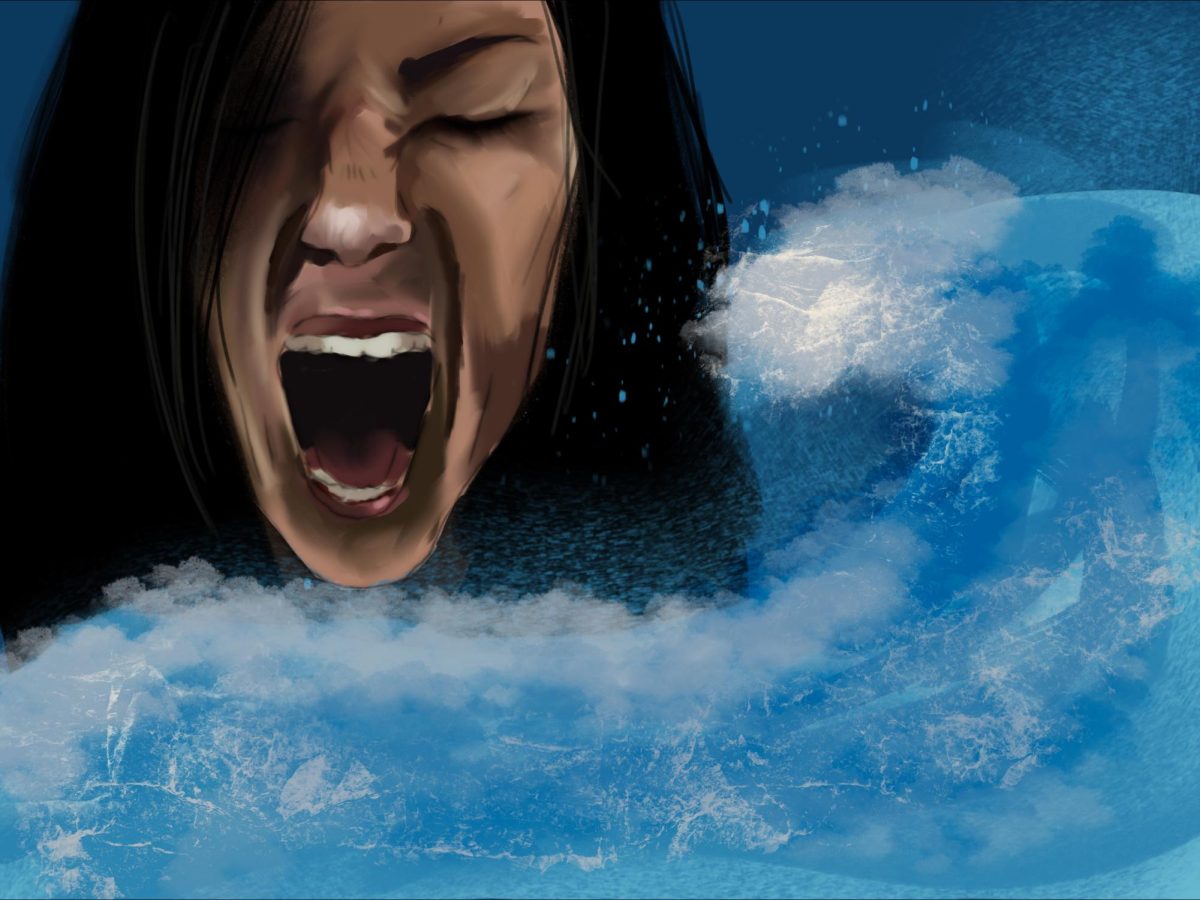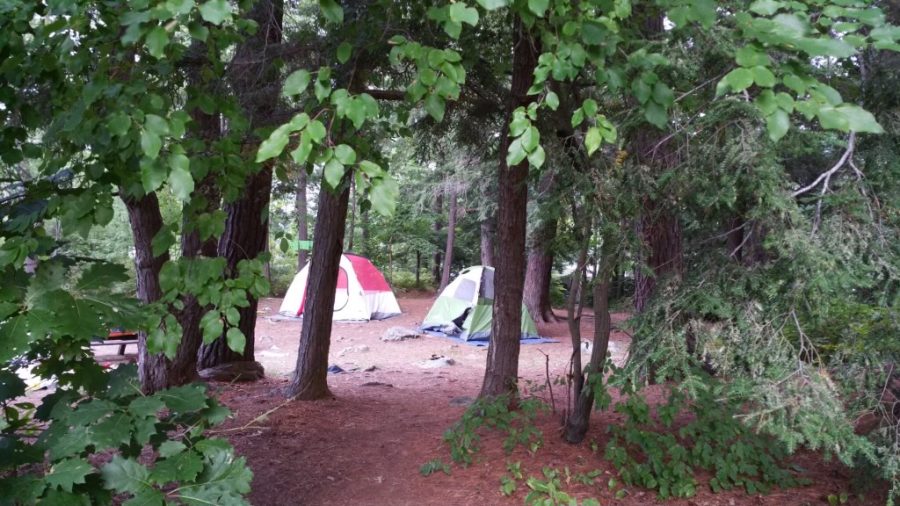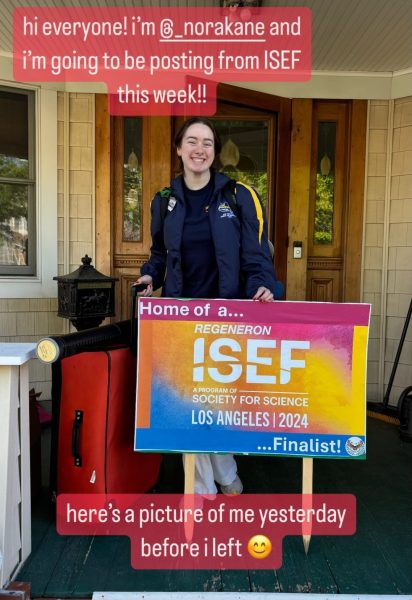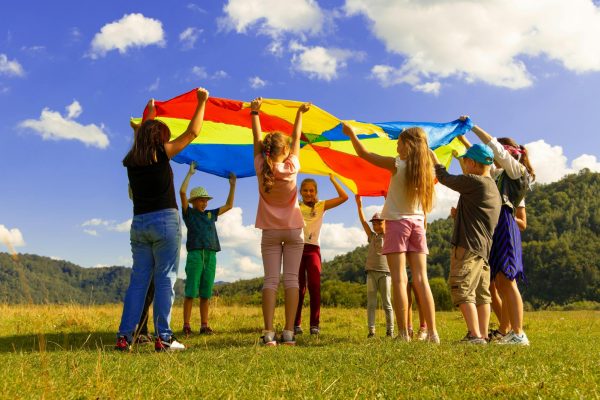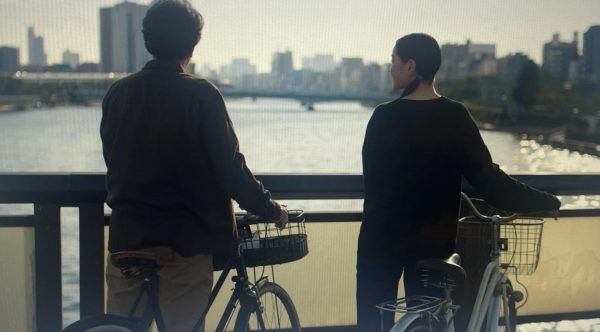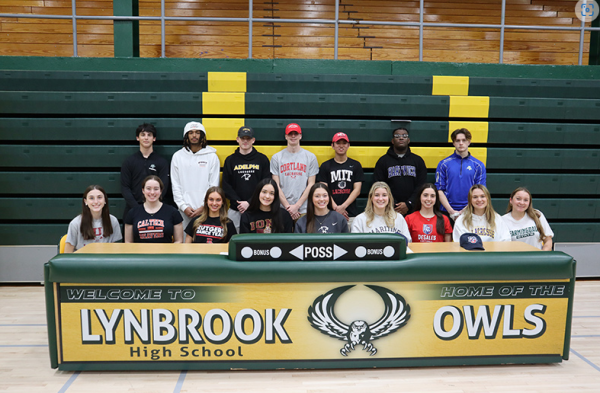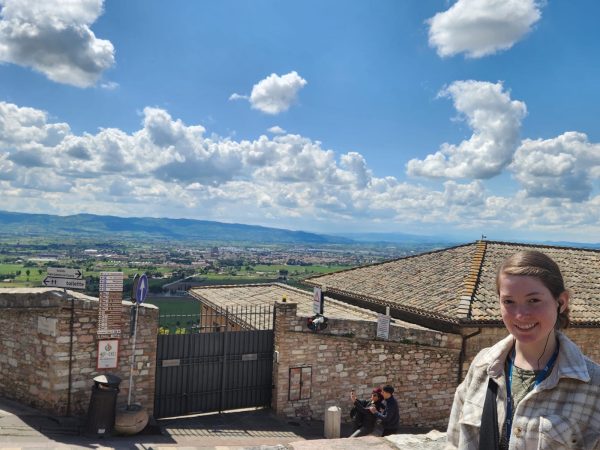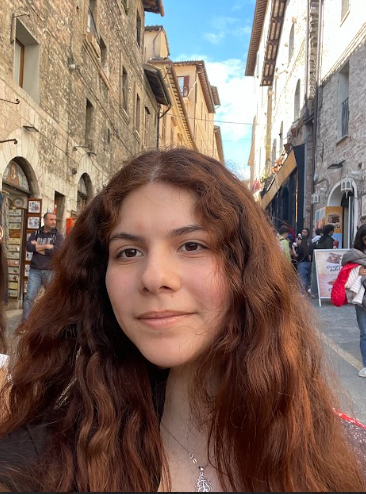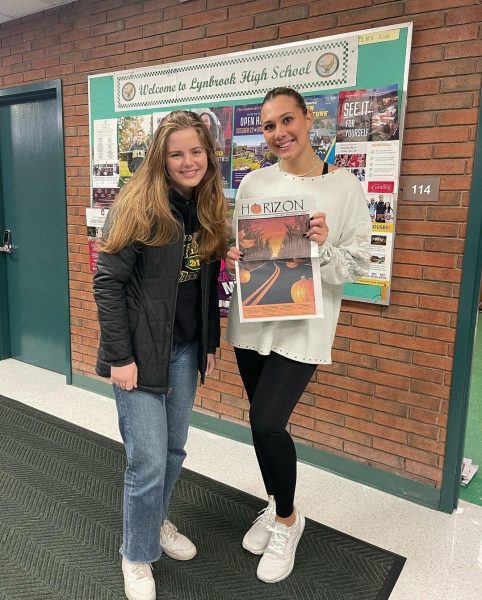Camping Tips for Unhappy Campers
Not all campers are happy campers. If you find yourself going camping for the first time and are not especially enthused about the idea, certain tips and additions to your packing list might help. For those who are going camping but are apprehensive about being outdoors so much, getting dirty, or being surrounded by bugs, here are some tips to soften your first camping experience:
- Stay covered
Wearing long pants, long socks, and a long-sleeved shirt or sweatshirt will help protect you from the elements. You will most assuredly be more comfortable without a sunburn or poison ivy rash. Wearing long clothes can also help if you are afraid of bugs—even if a spider finds its way onto your foot or a beetle lands on your arm, it will not be touching you directly. You will also have an added defense against mosquitos, which can minimize your need for bug spray. (You probably already know how repugnant the smell of bug spray is and how sticky you feel after applying a lot of it.) If you are camping during hot weather, try to keep your long clothes light and thin so that you do not overheat.
- Bring extra clothes
There is no telling what will happen to your clothes on a campout. If you spill something, get dirty on a hike, or get caught in the rain, there is no option for fast washing or drying (or any washing and drying, for that matter). Bring extra clothes so that you can change if need be. And of course, only bring clothes that you are okay with dirtying! Not only is there always a chance that your clothes will not be the same afterwards, but you might also feel less anxious about staying clean if you do not feel too fresh in the first place.
The same goes for shoes. You will want a spare pair of sneakers if yours get wet from rain or dew, as they will not be easy to dry. Waterproof shoes are also a good option. Definitely bring flip flops for the shower but avoid wearing them around the campsite—poison ivy, dirt, and bugs might make you regret it.
- Bring plenty of lights
It is easy to forget how dark nighttime naturally is, considering how surrounded by electricity we usually are. Camping helps you realize how dark it really gets. You do not want to be in the complete dark as you try to pack up food, wash dishes, shower, and get ready for bed. Bring plenty of lanterns to set up around the campsite so that you have some light in each area. Keep your flashlight near you as it begins to get darker so that you can find it before it is too dark. If you are afraid of bugs, you will probably want to avoid headlamps (bugs are attracted to light, and you do not want them flying into your face).
- Bring proper sleeping materials
It might be a little hard to fall asleep on your first campout. It is easier to sleep if you have a few extra items.
The bottom of a tent is not very thick, so you will be able to feel roots, sticks, and rocks underneath you if you sleep right on the floor of it. Air mattresses work, but they require an air pump and are significantly less comfortable if there is even a slight hole that permits a leak. My recommendation would be a sleeping pad. Easier and more comfortable, all you have to do is untwist a nozzle at one end of the pad and it inflates by itself, then twist the nozzle back to keep the air in. Sleeping pads are thinner than inflated air mattresses but include a thicker cushion on the inside, so they do not need the height (which also gives you more tent space!).
You also need to bring your own pillow. Camping, unlike a hotel or inn, does not provide you with a pillow. Bring your own, but also make sure it is not your nicest pillow, as there are always chances that it will get dirty or wet.
A battery-powered fan may also be helpful if you are going during the summer or tend to get hot at night. It provides both an extra breeze as well as white noise in the background.
- Consider a propane stove
A hangry camper is even worse than an unhappy camper. It will be important to make sure you are eating enough because you are spending so much time outdoors and might be doing more or different physical activity than you usually do (going on hikes or swimming in lakes, for example). Cooking over the fire is always an option but can be difficult and inconsistent with the fire growing and shrinking and some spots being hotter than others. It is easy to burn food on one side while the other side is still cold. A propane stove resembles more of what you might be used to with regular stoves and ovens, cooks evenly, and is relatively easy. It is a good backup if the over-the-flame food does not work out and you are getting angrier by the minute.
- Find a suitable campsite
Campsites vary greatly. Some are more public while others provide greater privacy, some are closer to roads and stores while others are more secluded. Some provide plumbing while others do not, some offer lakes and hiking trails, and all are different sizes. Decide what you want your camping experience to be like and what you are ready (or not ready) to go without yet, like maybe indoor bathrooms and showers. Also check how close your site is to the camp bathrooms or how far away the nearest grocery store is in case you forget something or need to run an errand. If you want more privacy and space, a group campsite might be a good option; these are larger and are usually farther away from other campsites. Some campsites provide more utilities, like a pavilion (which is great for when it rains) or even electrical outlets that can be very useful for charging cell phones or even using appliances, like a slow cooker or blender. Other campsites offer unique opportunities but may also require more work; for example, Lake George in upstate New York offers campsites on its many islands, which enables campers to have 24-hour lake access but also means that you need to rent or buy a boat and transport all your belongings back and forth on it. Consider having a checklist of what you want to make sure your campsite has, and do your research before booking.
- Check the weather and plan ahead
You most likely will not know the weather forecast as far in advance as you are booking your campsite (and you may need to book it several months to a year in advance, depending on where you are staying). A week or so before your trip, check the forecast and pack and plan accordingly. If you are planning a lake day, for example, you might want to avoid planning it on the day of a thunderstorm. Have a backup plan and bring some indoor (or rather, in-tent) activities in case your plans get rained out. Physical education and Owl Adventure teacher Brian Hetrick, who has been camping many times and thoroughly enjoys it, said, “I think preparation is definitely the number one key,” such as “knowing what the weather’s going to be.”
- Find what you do like
Even if camping is not your idea of a summer vacation, you can gain some valuable experiences and even find aspects of living outdoors that you like. Hetrick expressed that he “love[s] nature,” and that his favorite aspect of camping is the mornings and “waking up to something new.” You might enjoy boating or fishing in a lake, exploring the woods, finding interesting flora and fauna around the campsite, going on adventurous hikes, or even just sitting by the campfire or being lulled to sleep by crickets chirping. Take plenty of pictures. There are also important survival skills that you can learn while on a campout, such as starting a fire. And do not forget to look at the stars; there might be a lot more out there than you are used to seeing at home! It may also be helpful to bring something that you do like with you. Hetrick suggested that a first-time camper might be more prepared by “bringing things they like to do at home that they can still do there.” Having something from home can better accustom you to the camping lifestyle.
Hopefully, your first campout will provide you with some memories of both fun and challenging adventures. Of course, you will be best off going with someone experienced who will help you learn the ropes of a camping trip and other necessary tips and items to pack. With their guidance and these added suggestions, you might be a happier camper and enjoy your experience more than you thought you would.

I am a member of the class of 2024 and a co-editor-in-chief of Horizon's online publication. I have one dog and eleven siblings, and I love to read!




